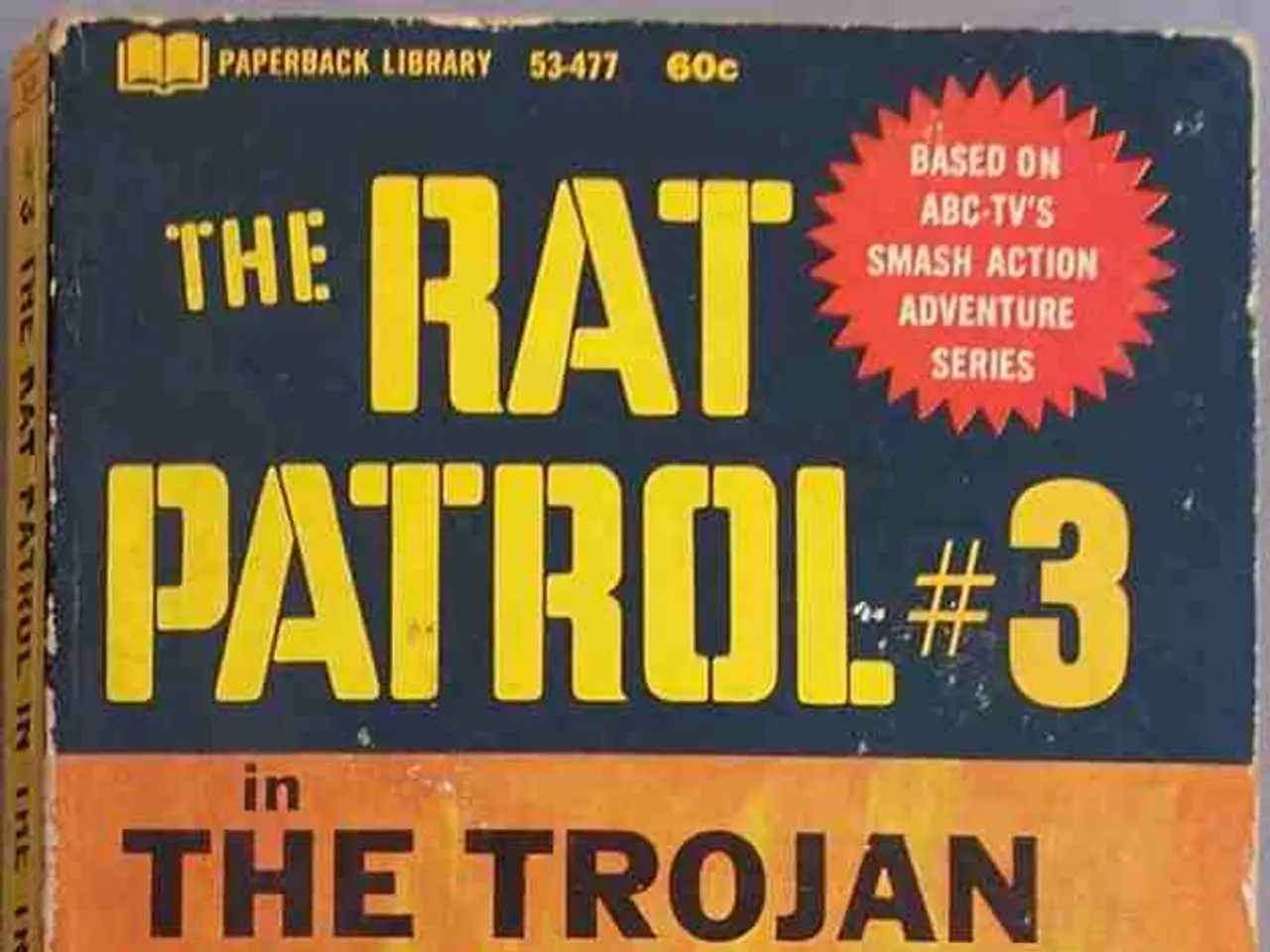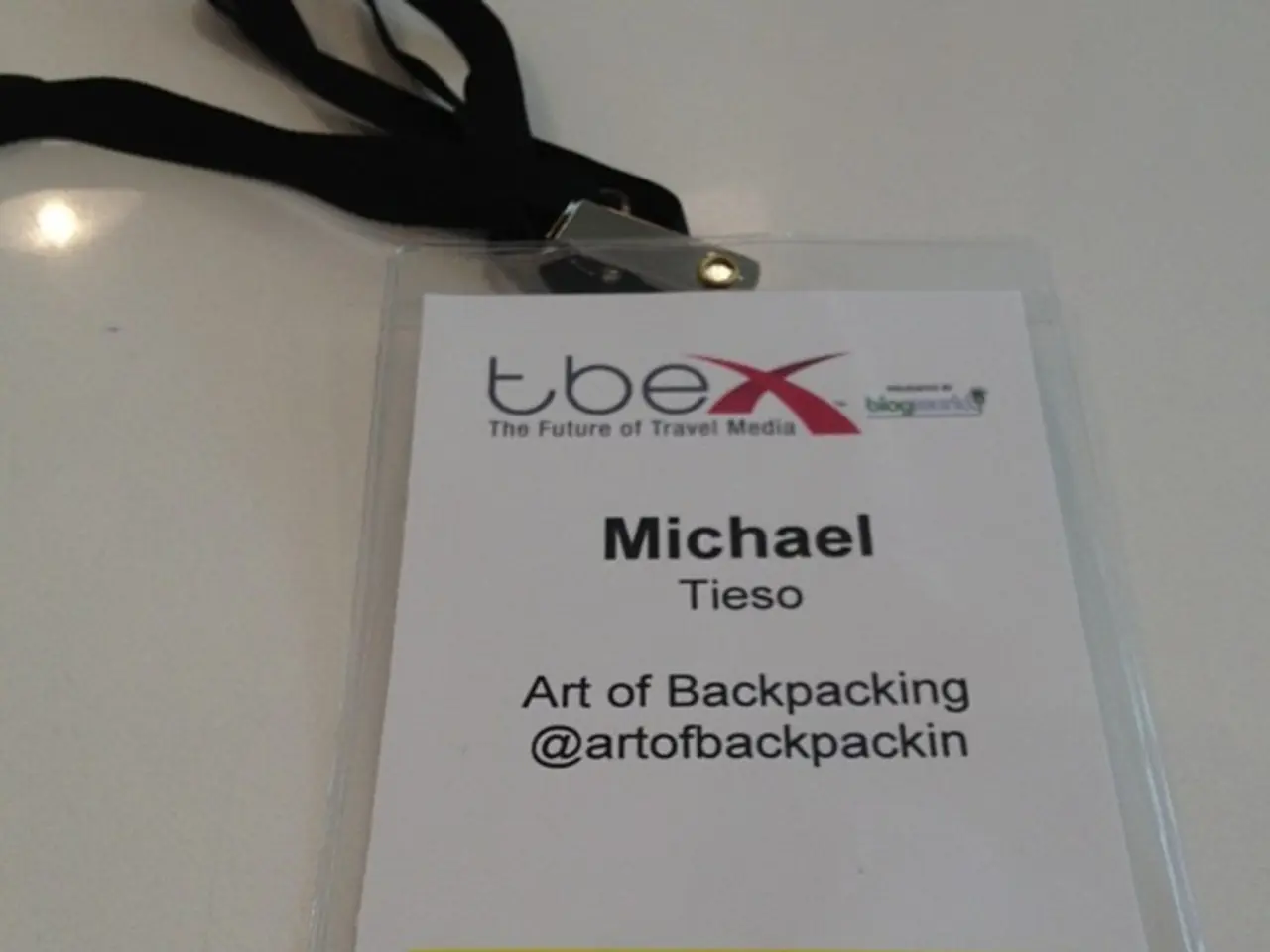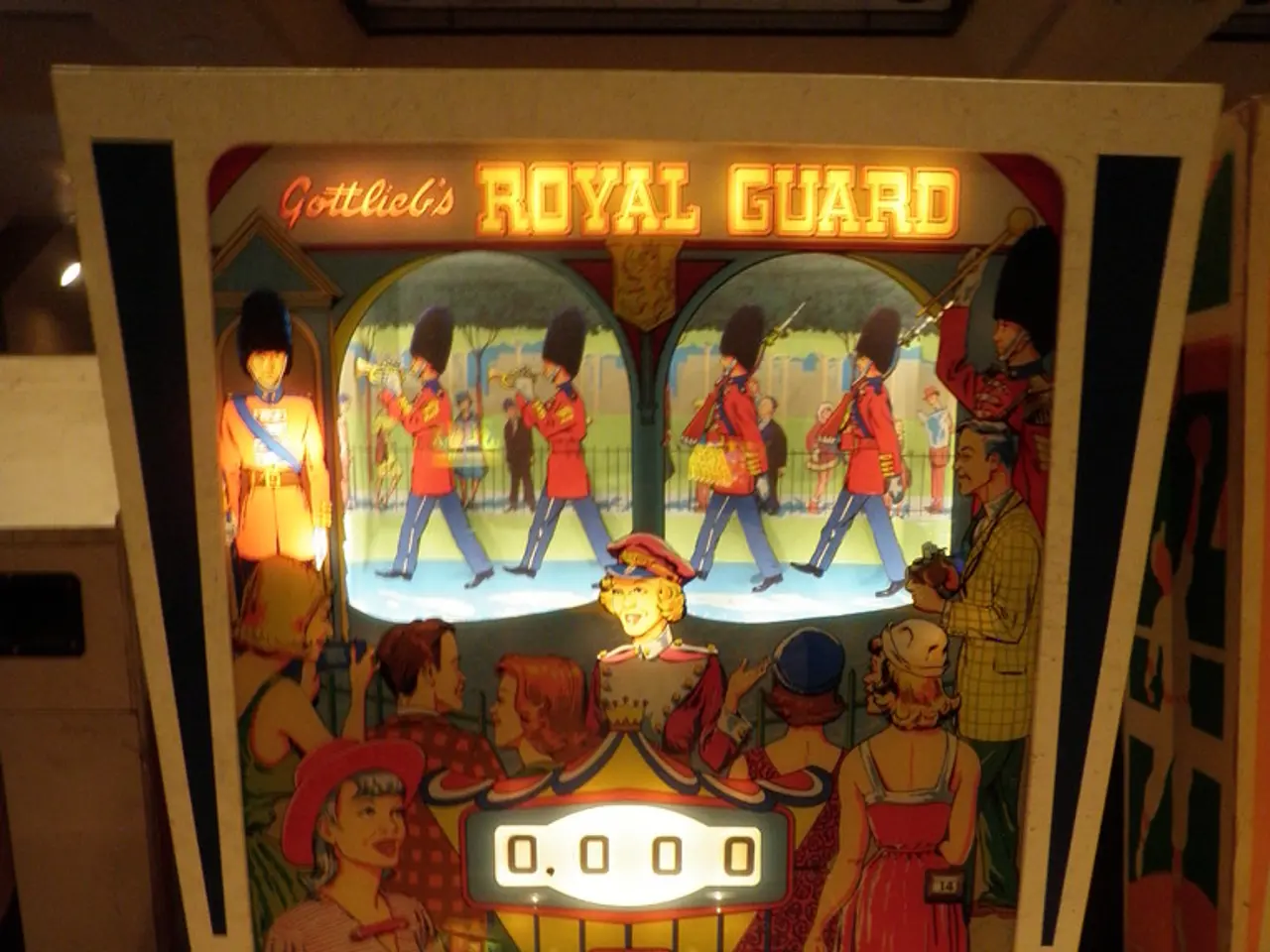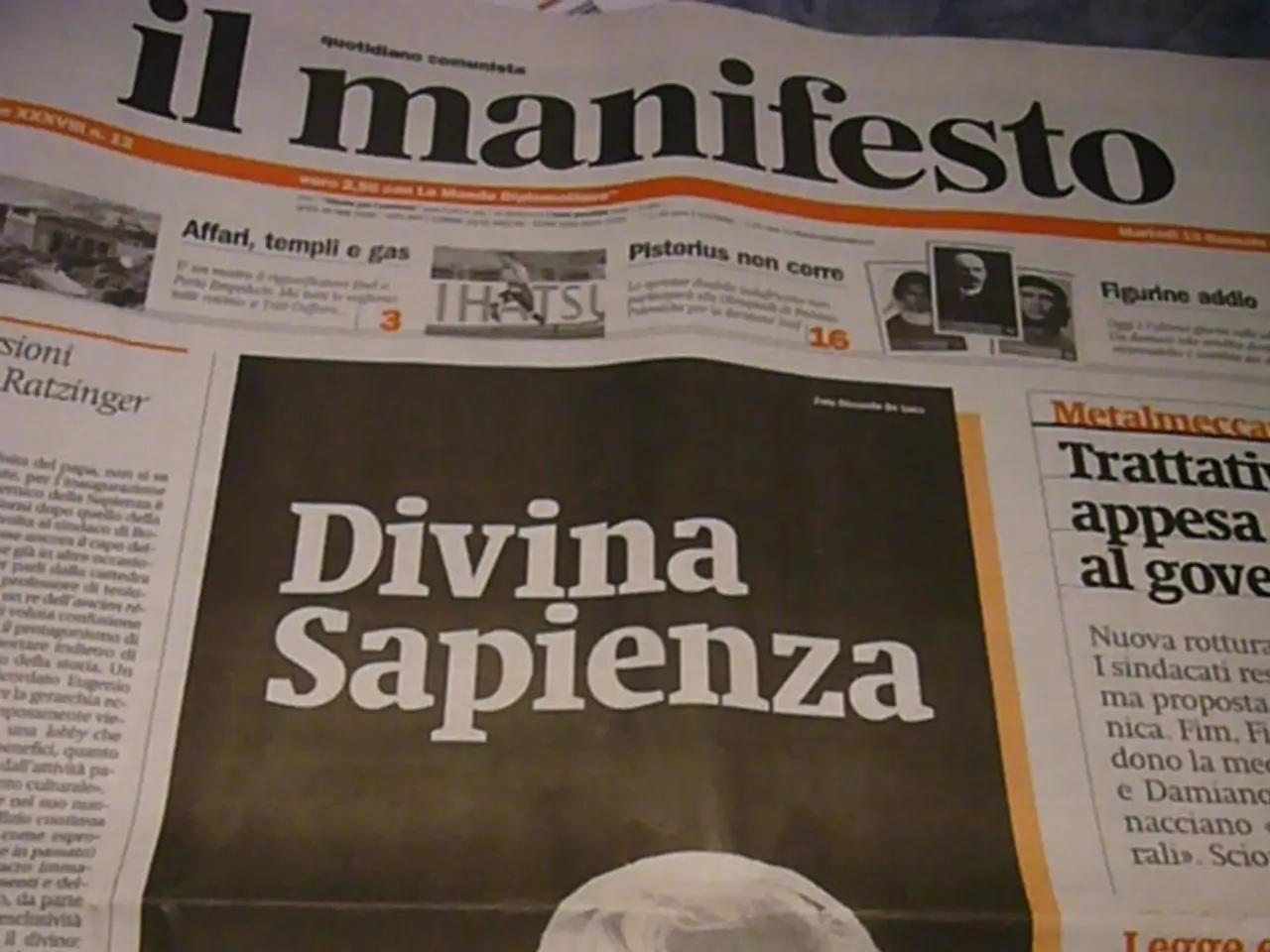Mainstreaming of derogatory 'Star Wars' reference in the anti-artificial intelligence debate discourse
In the expansive Star Wars universe, a term known as "Clanker" was first coined in the 2005 video game Star Wars: Republic Commando and gained further popularity through the Star Wars: The Clone Wars animated series [1][2][4]. Originally, "Clanker" was a derogatory slur used by clone troopers and Republic personnel to refer to robotic enemies, reflecting distrust and disdain for mechanical beings within the Star Wars galaxy.
However, in recent years, the term has evolved beyond its fictional origins and has become a modern cultural reference and anti-robot slur in real-world contexts, particularly amid rising concerns about automation and artificial intelligence [1][3][5]. On social media and in public discourse, "Clanker" is now used broadly to express wariness or frustration towards AI and automated systems, symbolizing a growing robophobia or anti-robot sentiment fueled by fears about machines replacing human jobs or autonomy [1][2][5].
This trajectory demonstrates how a fictional term from a popular franchise has influenced modern anti-robot sentiment by providing a catchy, recognizable epithet that channels complex feelings about technology's role in society [1][3][5]. It is essential to note that artificial intelligence is still far from the level of droid sentience seen in Star Wars.
In the Star Wars series, synthetic life has been treated as second-class. Droids perpetually avoid the question of what it means to live a life of indentured existence, with some, like Artoo and Threepio, given equitable personhood, while many are enslaved [6]. The question "Are droids people?" has been a controversial topic in Star Wars expanded material, and Star Wars has yet to make a profound leap in addressing the rights of droids in its storytelling [6].
The tools to communicate disdain for artificial intelligence may have questionable roots, as they originate from Star Wars. The term "Clanker" is used to depict widespread anti-robot sentiment in our modern world, mirroring the anti-droid sentiment portrayed in the Star Wars universe. A search for the term "clanker" online will reveal multiple viral posts using it derogatorily or remarking on its status as an almost dystopian evolution of language [7].
In conclusion, the evolution of the term "Clanker" from a Star Wars slur to a modern anti-robot slur highlights the crossover of sci-fi terminology into contemporary socio-technical debates about AI. As technology continues to advance, it is crucial to consider the implications of our language and the potential impact it may have on society.
| Aspect | Details | |----------------------|--------------------------------------------------------------------------------------------------| | Origin | 2005 Star Wars: Republic Commando video game; expanded in Clone Wars series | | Meaning in Star Wars | Derogatory term used by clone troopers to insult droids, implying mechanical inferiority or hostility | | Modern Evolution | Adopted as a real-world slur for AI/robots; used to express anxiety over automation and job displacement | | Cultural Impact | Highlights the crossover of sci-fi terminology into contemporary socio-technical debates about AI |
The term "Clanker," originally coined in the 2005 video game Star Wars: Republic Commando and popularized through the Star Wars: The Clone Wars animated series, has evolved into a modern slur used in criticism of artificial intelligence and robots, mirroring the anti-droid sentiment in the Star Wars universe. This evolution indicates the intersection of science fiction terminology and contemporary discussions about AI and its role in society. are often subject to second-class treatment in the Star Wars series, with questions about their personhood and rights being a recurring theme in the expanded material. The tools we use to express our disdain for AI, such as the term "Clanker," may have problematic roots, as they are derived from a fictional universe where mechanical beings are often portrayed unfavorably. As technology continues to advance, it is crucial to consider the implications of our language and how it might shape societal perceptions about artificial intelligence. The growing popularity of "Clanker" as an anti-robot slur online serves as a warning about the potential dystopian nature of language evolution when it comes to AI.




